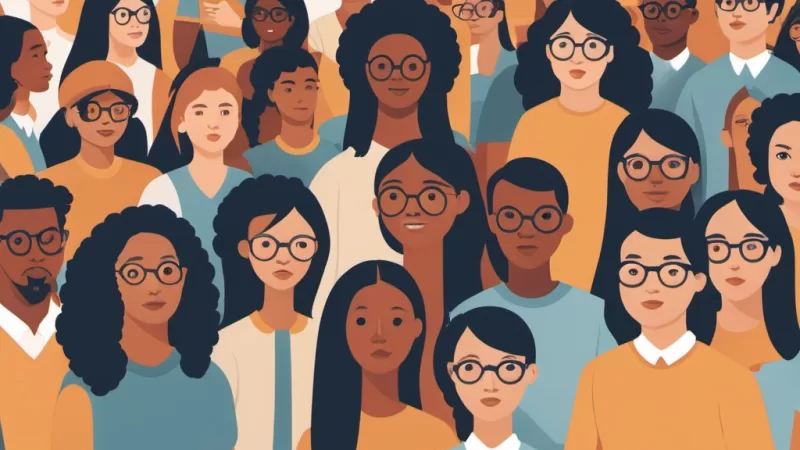Current Cultural Issues

Cultural issues are at the forefront of conversations in today’s dynamic society. They shape the way we engage with each other and the world. As university students, understanding these trends is essential for fostering a more inclusive and informed campus environment. Here’s a look at some of the most pressing cultural issues currently trending.
1. Mental Health Awareness
Mental health has become a prominent topic, especially in university settings. The pressures of academic life are significant. Social expectations add to these challenges. Additionally, the lingering effects of the pandemic have led to increased conversations around mental well-being. Students are advocating for more resources, destigmatization, and open dialogues about mental health issues. Universities are responding by expanding counselling services, promoting mental health days, and hosting workshops that encourage self-care and resilience.
2. Social Justice Movements
Movements advocating for racial, gender, and economic justice continue to gain momentum. The Black Lives Matter movement, LGBTQ+ rights, and advocacy for disabled individuals highlight the ongoing struggle for equality. Students are increasingly involved in activism. They are using platforms like social media to organize events, raise awareness, and push for policy changes on their campuses. Engaging with these movements can deepen understanding of systemic inequalities and foster a more inclusive campus culture.
3. Environmental Sustainability
Climate change and environmental degradation are critical issues for the current generation. Many students are enthusiastic about sustainability and are advocating for greener practices on campus. Initiatives include reducing plastic waste, promoting renewable energy, and encouraging sustainable transportation options. Engaging in these efforts not only helps the planet but also cultivates a sense of community and responsibility among students.
4. Cultural Appropriation vs. Appreciation
The fine line between cultural appropriation and appreciation is a hot topic in today’s discourse. Students are increasingly aware of how cultural elements can be misused or commodified without understanding their significance. Discussions surrounding this issue encourage respectful engagement with diverse cultures, fostering appreciation while avoiding harmful stereotypes. Students can contribute by educating themselves and participating in dialogues about cultural sensitivity.
5. Digital Identity and Privacy
With the rise of social media, questions about digital identity and privacy have become paramount. Students grapple with the implications of their online presence, including issues of data security and the permanence of digital footprints. Understanding how to navigate these concerns is vital for maintaining a positive online identity while protecting personal information. Universities are beginning to offer resources and workshops focused on digital literacy and responsible social media use.
6. Diversity and Inclusion
Universities are increasingly prioritizing diversity and inclusion initiatives, recognizing the importance of diverse perspectives in academic discourse. Students are advocating for more inclusive curricula, representation in faculty, and support for underrepresented groups. This movement fosters a richer educational experience and encourages collaboration across diverse backgrounds. Engaging in these initiatives can lead to meaningful change both on campus and in the wider community.
Conclusion
As university students, being aware of these cultural issues benefits personal growth. Engaging in them is essential for fostering a respectful and inclusive campus environment. Students can play a crucial role in shaping a more equitable society. They do this by participating in conversations. They also attend workshops and advocate for change. Embracing these challenges will enhance your university experience. It will also prepare you to be a thoughtful and informed citizen in an increasingly complex world.